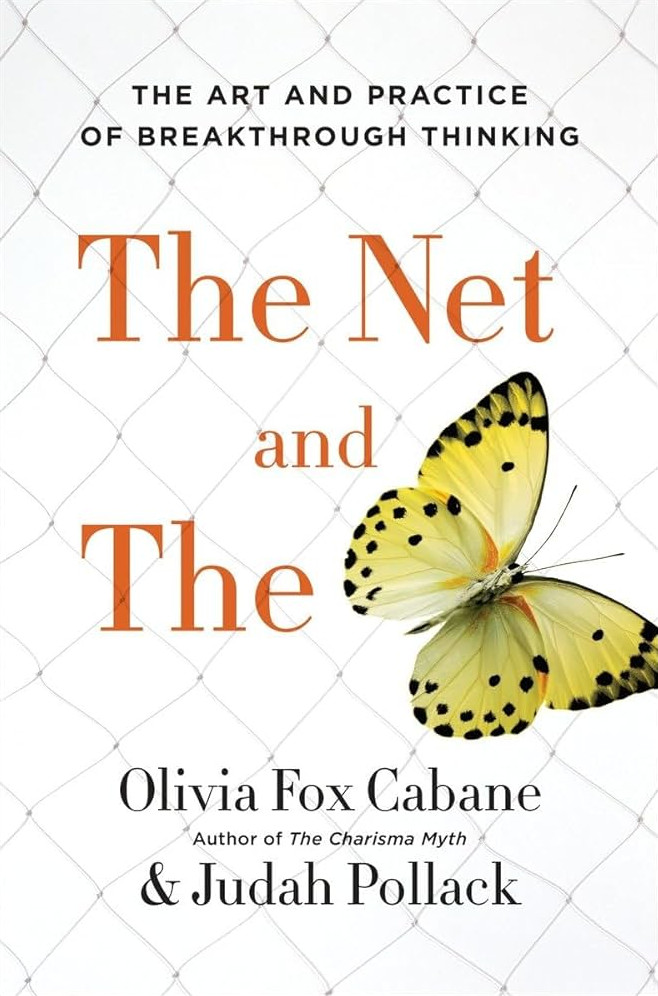Review of the book "The Signal and the Noise"

Nate Silver — the author of "The Signal and the Noise" — is widely known for his successful forecasts, such as the US elections. It is not surprising that the book became a bestseller.
As you might guess, the book is about forecasts. More precisely, it is about approaches to forecasting, complexities, errors, misconceptions, and so on.
As usual, I expected a more theoretical approach, in the spirit of Scale [ru], but the author chose a different path and presented his ideas through the analysis of practical cases: one case per chapter. Each chapter describes a significant task, such as weather forecasting, and provides several prisms for looking at building forecasts. This certainly makes the material more accessible, but personally, I would like more systematics and theory.
Because of the case studies approach, it isn't easy to make a brief summary of the book. It is possible, and it would even be interesting to try, but the amount of work is too large — the author did not intend to provide a coherent system or a short set of basic theses.
Therefore, I will review the book as a whole, provide an approximate list of prisms, and list some cool facts.
About the book "Piranesi"

Cover of the book "Piranesi"
"Piranesi" is both a continuation of the magical stories of Susanna Clarke and an independent book.
The book has no direct connection with the world of English magic [ru] from "Jonathan Strange & Mr. Norrell". If desired, one can find a connection and even say that the worlds are the same, only at different times: the events of "Piranesi" take place in the early 2000s. However, the author did not give any hints on this. Therefore, I consider the worlds to be different for now.
Susanna continues to persistently and effectively dig not even in the direction of animism as the basis of world perception but in the direction of extremely holistic view of the world, in contrast to the currently dominant reductionism.
The latter blows my mind. As an engineer, I'm an intuitive reductionist due to professional deformation. Reading "Jonathan Strange" and "Piranesi", I felt how Clarke, like Peter the Great, cuts a window in my brain to another picture of the world, a different world perception. And it's wonderful.
By the way, don't confuse holism with, say, an engineering view of the world, a-la systems engineering [ru] or even science. The latter is about decomposing reality into isolated parts with clear boundaries and synthesizing "pure" models of the world [ru], while in holism, the parts have no clear boundaries and penetrate each other.
But it is my interpretation, there are interpretations when holism is just an alternative name for a systems thinking/view — it's hard to find literature on this topic now, so it's hard for me to say where the truth is.
So, "Piranesi"
About the book "The Net And The Butterfly"

I bought "The Net And The Butterfly" by mistake when I was in St. Petersburg about 5 years ago and organized a book-shopping day. I bought about 10 kilograms of books :-D, grabbed this one on autopilot without reading the contents. I thought the book would be about the network effect and the spreading of ideas, but it turned out to be about how to "manage" a brain relying on one of the neural networks in it. Which network? For the book and its content it does not matter at all.
My opinion of "The Net And The Butterfly" is twofold. On the one hand, I cannot deny its usefulness, on the other… the material could have been presented 100 times better and 3 times shorter. Sometimes, the authors walk on thin ice and risk falling into information peddling/marketing fraud.
About the book "Economics: The User's Guide"

Cover of the book "Economics: The User's Guide"
This is the second book by Ha-Joon Chang that I've read. The first one, Bad Samaritans [ru], left a good impression, and it was also positively reviewed by Tim O'Reilly in his book WTF? [ru]. So, "Economics: The User's Guide" took its place on my reading list, and finally, I have read it.
Here and further, all quotes point to the Russian edition of the book and are translated into English by me (I have only the Russian edition) => inconsistencies are possible because of double translation English->Russian->English.
According to Chang, the book was conceived as an "introduction to economic theory for the widest possible audience" (page 299), and this reflects its essence well. I would only add, from the perspective of my post-Soviet education, that the book looks more like an "overview of the diversity and complexity of economics, supplemented with an introduction to the theory" rather than an "introduction to the theory".
The book contains no mathematical formulas or jaw-dropping statistics, just concrete facts. What makes it valuable, however, is a set of prisms through which you can — and should — view the economy to gain a basic understanding of what's happening around you.
Chan provides a set of points of view through which you can examine economic processes; describes their advantages and disadvantages; accompanies all this with examples, historical references, and facts.
Since the book serves as a sort of textbook, I won't attempt to retell it in full — this would lead to an attempt to repeat the book in a couple of pages, and I definitely can't do that. I will limit myself to describing the author's view of the economy as a whole as I understood it.